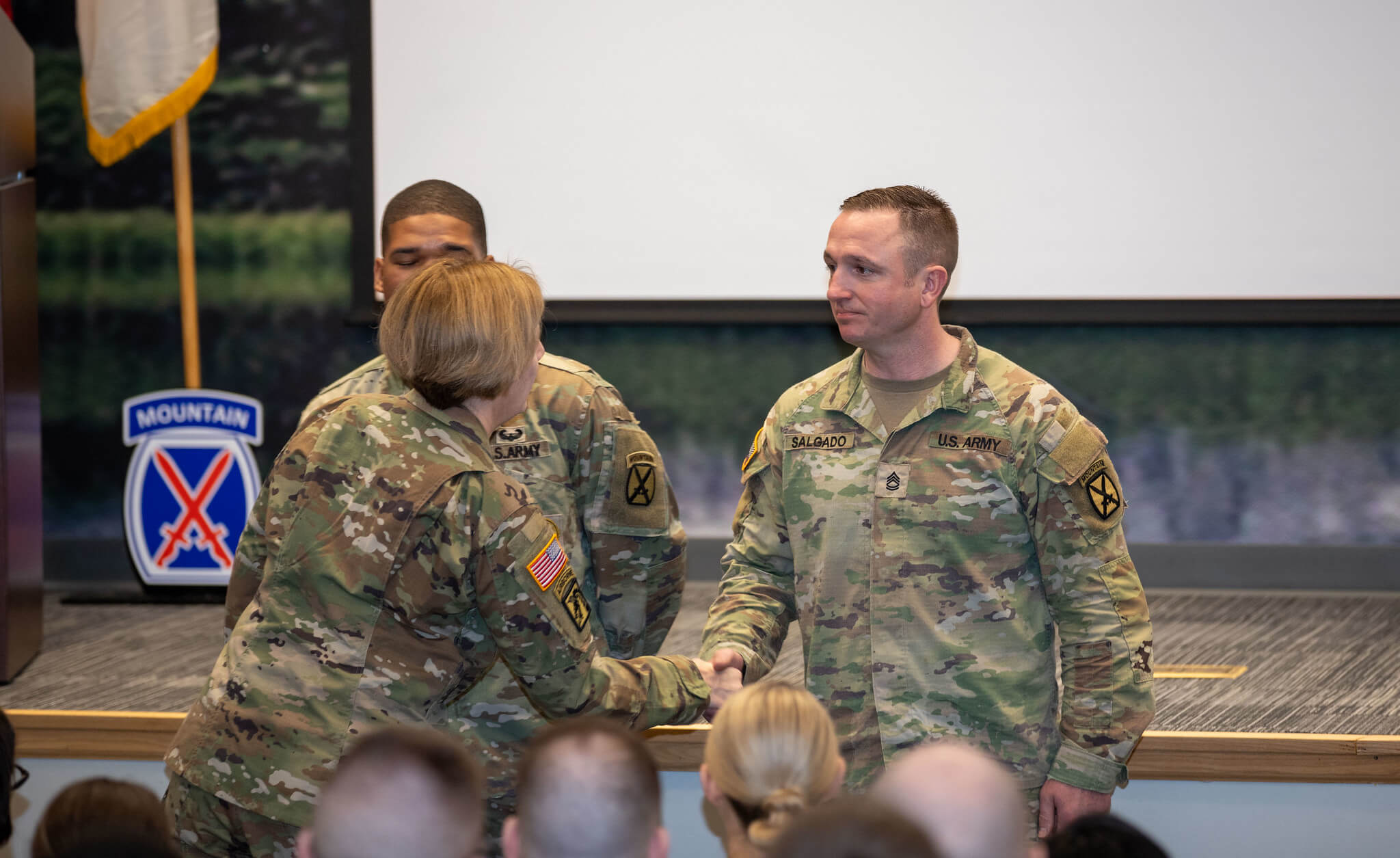Defense Support of Civil Authorities
One sometimes hears in national security circles, including within the USG, statements to the effect that the U.S. military cannot operate in the homeland, or cannot execute law within the homeland.
Published by The Lawfare Institute
in Cooperation With

One sometimes hears in national security circles, including within the USG, statements to the effect that the U.S. military cannot operate in the homeland, or cannot execute law within the homeland. (Some claim that confusion on this issue was one reason for the muddled USG response to Katrina.) The usual source for this view is the Posse Comitatus Act, 18 USC § 1385, which provides in full: “Whoever, except in cases and under circumstances expressly authorized by the Constitution or Act of Congress, willfully uses any part of the Army or the Air Force as a posse comitatus or otherwise to execute the laws shall be fined under this title or imprisoned not more than two years, or both.” Posse Comitatus has an obvious large loophole for actions “expressly authorized by the Constitution or Act of Congress” (whatever that means). And moreover, there are many statutes that authorize the military to act in the homeland in numerous contexts.
DOD has updated its views on these many authorities in Joint Publication 3-28, Defense Support of Civil Authorities (h/t Secrecy News). The table of contents:
EXECUTIVE SUMMARY .............................................................................................. vii CHAPTER I OVERVIEW Introduction ............................................................................................................ I-1 Defense Support of Civil Authorities ......................................................................... I-2 Homeland Security and Homeland Defense ............................................................... I-2 Fundamentals of Response ....................................................................................... I-4 All Hazards Scope of Defense Support of Civil Authorities ......................................... I-6 Legal and Policy Considerations ............................................................................... I-6 CHAPTER II SUPPORTING A COMPREHENSIVE ALL HAZARDS RESPONSE The Nature of a Catastrophic Incident .......................................................................II-1 State, Local, Territory, and Tribal Roles ...................................................................II-2 Department of Defense Immediate Response and Emergency Authority .................II-5 Emergency Support Functions .................................................................................II-6 Interorganizational Coordination ...............................................................................II-7 Unity of Effort..........................................................................................................II-9 Department of Defense and Emergencies in the Homeland ....................................II-10 Command and Control in United States Northern Command and United States Pacific Command Areas of Responsibility ........................................II-11 Planning Considerations for Defense Support of Civil Authorities .........................II-14 Operation Phases of Defense Support of Civil Authorities .....................................II-15 Multinational Forces Integration ..........................................................................II-16 CHAPTER III SUPPORTING CIVILIAN LAW ENFORCEMENT AGENCIES General ..................................................................................................................... III-1 The Posse Comitatus Act ......................................................................................... III-1 Direct Assistance to Civilian Law Enforcement Agencies ...................................... III-2 Other Permissible Types of Military Support to Law Enforcement Agencies ........ III-4 Law Enforcement Considerations ....................................................................... III-7 CHAPTER IV OTHER DOMESTIC ACTIVITIES AND SPECIAL EVENTS General ................................................................................................................. IV-1 National Special Security Events ............................................................................. IV-1 Periodic Planned Support ......................................................................................... IV-1 Sensitive Support Operations ................................................................................... IV-1 Military Training Exchanges ................................................................................... IV-2 Specialized Support ................................................................................................. IV-2 Support Provided to the US Secret Service ............................................................. IV-2 Civil Air Patrol/Air Force Auxiliary Support .......................................................... IV-2 Incident Awareness and Assessment ....................................................................... IV-2 Civilian Critical Infrastructure Protection ............................................................... IV-3 Postal Services ......................................................................................................... IV-4 Explosive Ordnance Disposal Considerations ......................................................... IV-4 Urban Search and Rescue Program.......................................................................... IV-5 CHAPTER V SUPPORTING AND SUSTAINING ACTIVITIES General ...................................................................................................................... V-1 Personnel Services .................................................................................................... V-1 Intelligence Support .................................................................................................. V-3 Meteorological Support ............................................................................................ V-6 Logistics .................................................................................................................... V-6 Public Affairs .......................................................................................................... V-10 Health Services ....................................................................................................... V-11 Cyberspace Support ................................................................................................ V-14 Other Support and Sustainment Considerations ..................................................... V-14 APPENDIX A National Incident Management System Overview .................................... A-1 B Standing Rules for the Use of Force for United States Forces ...................B-1 C Department of Defense Dual-Status Commander ......................................C-1 D Key Legal and Policy Documents ............................................................. D-1 E Reimbursement for Defense Support of Civil Authorities ......................... E-1 F Base Support Installation and Joint Reception, Staging, Onward Movement, and Integration .......................................................... F-1 G References ................................................................................................. G-1 H Administrative Instructions ....................................................................... H-1
Jack Goldsmith is the Learned Hand Professor at Harvard Law School, co-founder of Lawfare, and a Non-Resident Senior Fellow at the American Enterprise Institute. Before coming to Harvard, Professor Goldsmith served as Assistant Attorney General, Office of Legal Counsel from 2003-2004, and Special Counsel to the Department of Defense from 2002-2003.





